Supervisors
Top researchers and industry leaders will guide our fellows
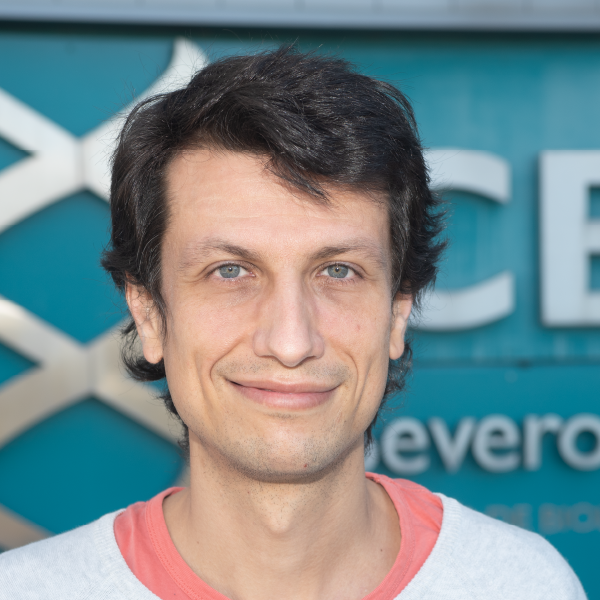
Dr. Emilio Lecona
Emilio Lecona
Emilio Lecona (PhD) has been an independent group leader at the Genome Dynamics and Function Program in the Centro de Biología Molecular Severo Ochoa (CBMS), CSIC, Spain, since 2018. His research aims at understanding how the changes in replisome composition determine the dynamics of DNA replication and influence cell identity and the development of cancer. His group focuses on the role of the ubiquitin and SUMO pathways as determinants of DNA replication and the replication stress response. His work has shown that the ubiquitin/SUMO equilibrium in the replisome is essential to sustain DNA replication. This equilibrium is maintained by the combined action of the deubiquitylase USP7, which limits the ubiquitylation of SUMOylated replication factors, together with VCP, an AAA ATPase that mediates the extraction of ubiquitylated and SUMOylated replication factors from chromatin. In the long-term, his work wants to understand the links between DNA replication dynamics and cell identity during cell differentiation and in malignant transformation.
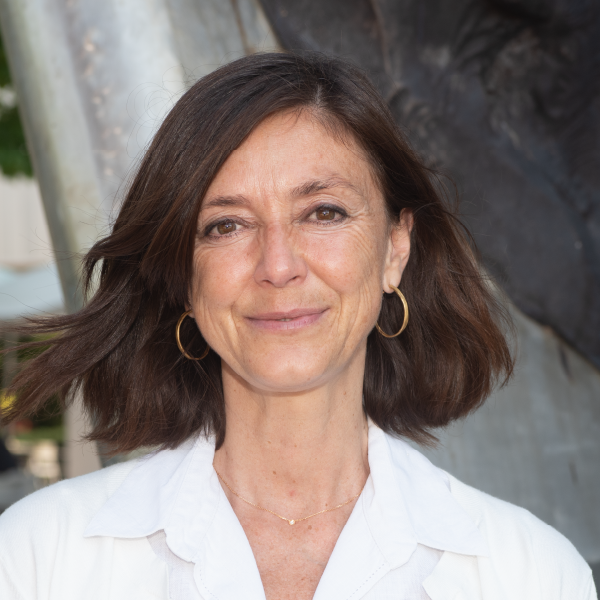
Dr. María Gómez
María Gómez
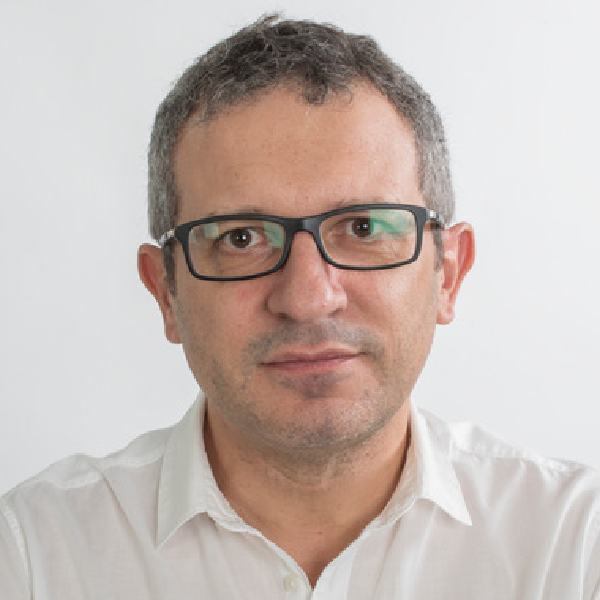
Dr. Juan Méndez
Juan Méndez
A recent collaboration between both research groups has shown that 3D chromatin connectivity and the proximity to transcription start sites underlie replication origin efficiency, supporting the organization of replication initiation sites in higher-level DNA replication factories.
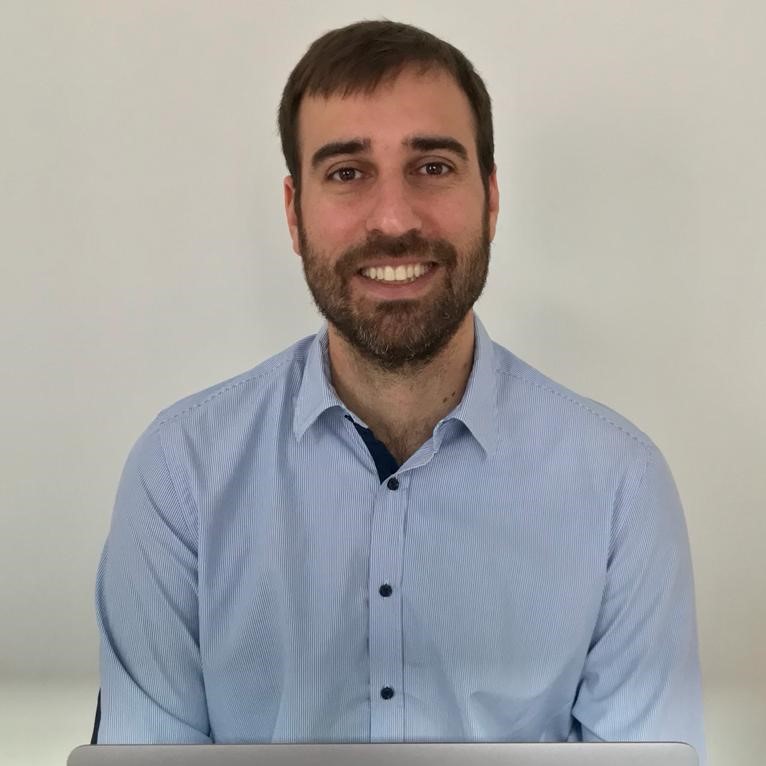
Dr. Andrés J. López – Contreras
Andrés J. López
Andres J. Lopez-Contreras obtained his PhD at the University of Murcia in 2008, and then did a postdoctoral stay at the Spanish National Cancer Research Center (CNIO, 2009-2014). The group led by Dr. López-Contreras was established at the end of 2014 at the University of Copenhagen, Denmark, and has recently moved (July 2020) to CABIMER/CSIC. In the past years, we have contributed to the understanding of the effects of replication stress to aging and embryonic stem cell fate potential (Albers E et al., Aging 2020, Atashpaz S et al., eLife 2020) and the impact of dNTP imbalance on genomic instability (Lopez-Contreras et al., Genes and Dev 2015). In addition, we use genetically modified mouse models to characterize the relevance of novel factors for cancer and to develop novel anti-cancer therapies. We have generated a Pich conditional KO mouse, identifying PICH as a potential therapeutic target for cancer (Albers E et al., Cell Reports 2018). We are particularly interested in understanding the biology of Common Fragile Sites (CFS) and their contribution to cancer (funded by the “CFS Modeling” ERC Starting Grant). We have generated the first CFS proteome, identifying the tumor suppressor ATRX to be essential to maintain CFS stability (Pladevall-Morera D et al., Nucleic Acid Research 2018). Finally, we have recently generated the first mouse model with a whole deletion of a CFS that will be used to investigate the impact of Fhit loss in cancer.
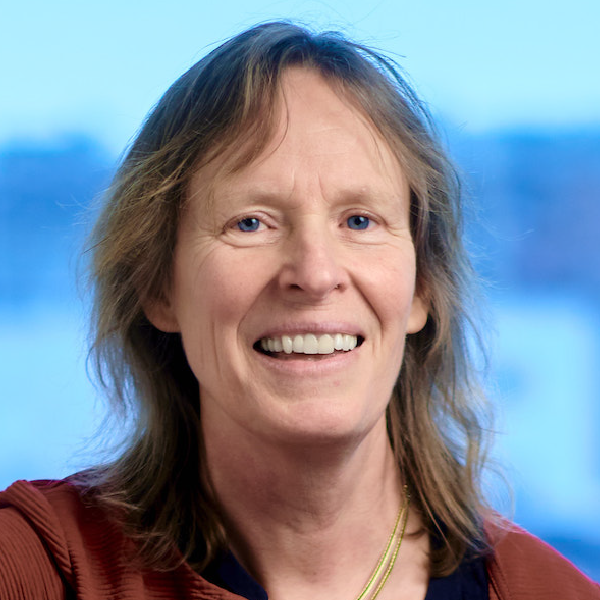
Dr. Titia Sixma
Titia Sixma
Titia Sixma (PhD) is a group Leader at the Netherlands Cancer Institute and Oncode Institute, and affiliated professor at ErasmusMC, Rotterdam. Her lab makes use of a combination of structural biology, biophysics and biochemistry to quantitatively analyze molecular mechanisms in cells. They are interested in DNA regulation by ubiquitin and DNA mismatch repair. Crystal structures and cryo-EM analysis from the lab provided the first structural insight in ligand binding for pentameric ion channels such as the nicotinic receptors, and insight in the initiation of DNA mismatch repair. Her interest in ubiquitin conjugation led among others to identification of a new chromatin mark in the DNA damage response and novel insights in the allosteric regulation of DUBs in replication and DNA repair.
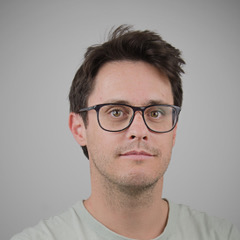
Dr. Julien Duxin
Julien Duxin
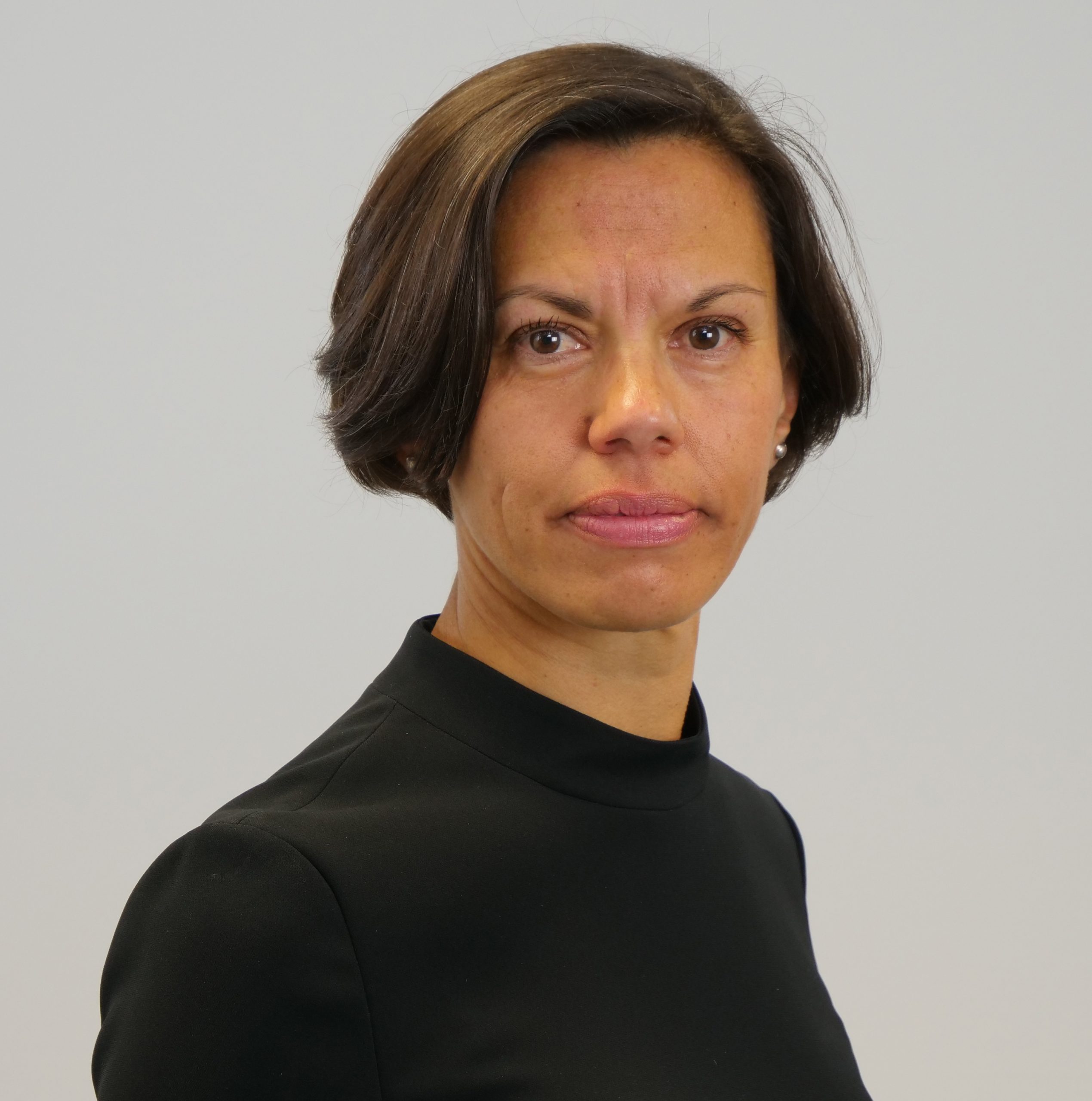
Dr. María Elena Torres Padilla
Maria-Elena Torres-Padilla
Maria-Elena studied Biology at the Faculty of Sciences of the UNAM, Mexico and obtained her Ph.D at the Institut Pasteur in Paris. She was a postdoctoral fellow at The Gurdon Institute, University of Cambridge and started her own lab in Strasbourg in 2009. She moved to Munich in 2016, where she is the Director of the Institute of Epigenetics & Stem Cells at Helmholtz Munich and is Professor of Stem Cell Biology at the LMU University. Maria-Elena’s research has been devoted to unravelling the epigenetic mechanisms behind cellular plasticity and cell fate. Her team combines high-resolution microscopy, single-cell and low-input genomic approaches with functional perturbations to study the epigenetic principles underlying cellular reprogramming and the establishment of totipotency in the early mouse embryo. Maria-Elena has received several prizes for her contributions of her work on stem cell, development and epigenetics fields. She was selected as Outstanding Young Scientist by the World Economic Forum, she is elected EMBO member and a member of the Academia Europea.
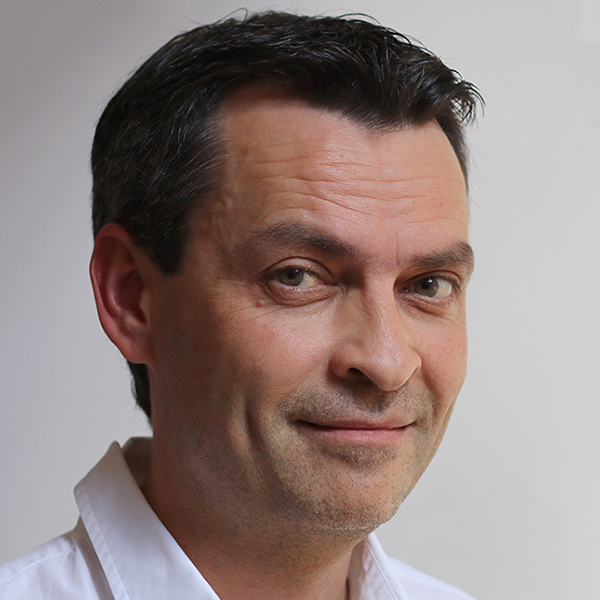
Dr. Philippe Pasero
Philippe Pasero
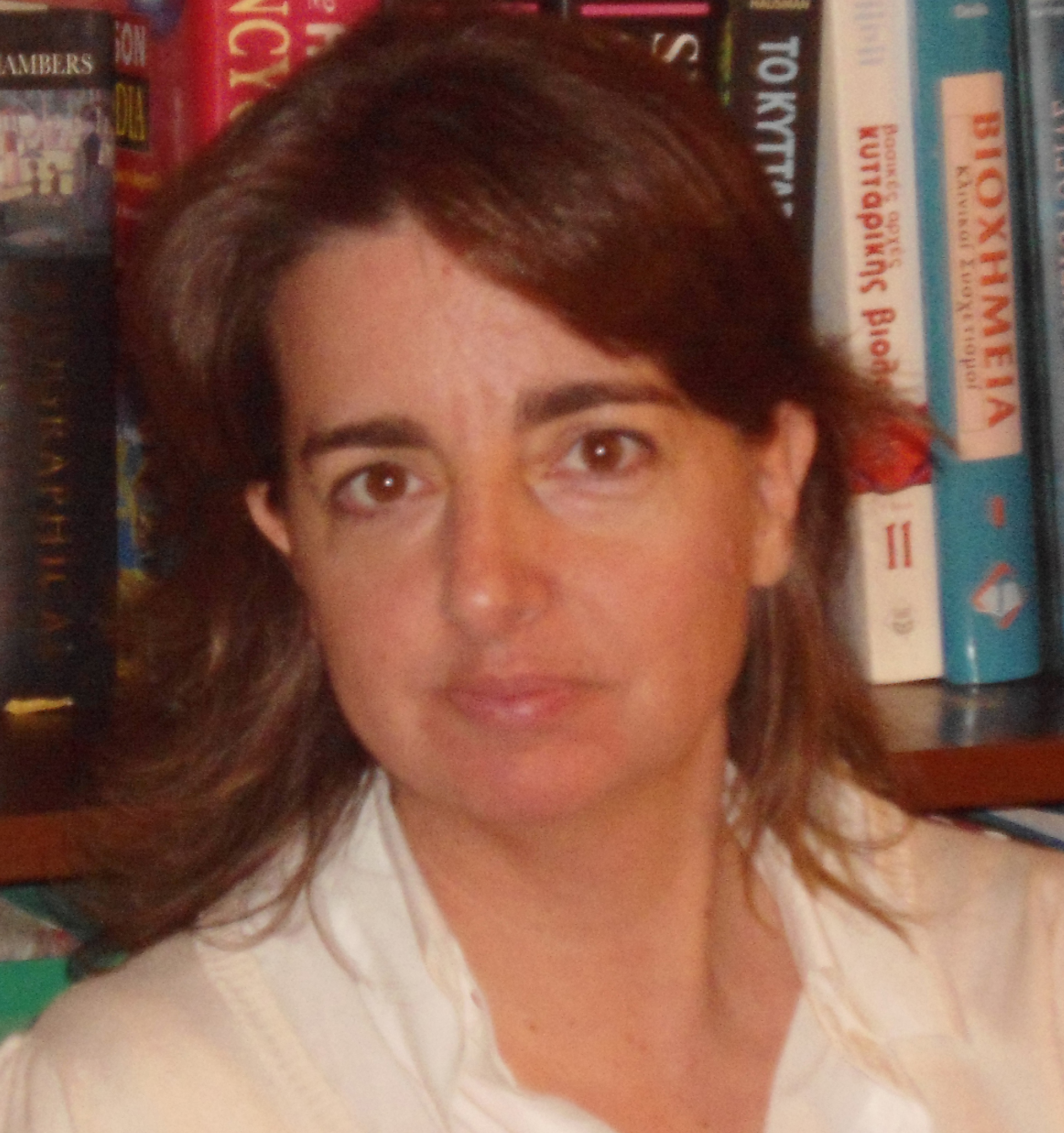
Dr. Zoi Lygerou
Zoi Lygerou
Zoi Lygerou is Professor of Biology and Genetics at Patras Medical School. She holds a degree in Biology from the University of Athens and a PhD in Biology by the University of Heidelberg for her work at the European Molecular Biology Laboratory. She held postdoctoral research appointments at the EMBL in Heidelberg and at the Imperial Cancer Research Fund in London. Her lab studies how once per cell cycle replication maintains genome integrity and how aberrations are linked to disease, employing imaging, genetics and modeling approaches. She serves on many University, National and International committees, including Director of the Institute of Precision Medicine, Director of Studies of the MSc Program « Life Sciences Informatics » at the University of Patras, member of the Evaluation and Accreditation Panel of the Hellenic Authority for Higher Education, Chair of the Sectorial Scientific Council on Biosciences and Medicine of Greece and elected member of EMBO Council.
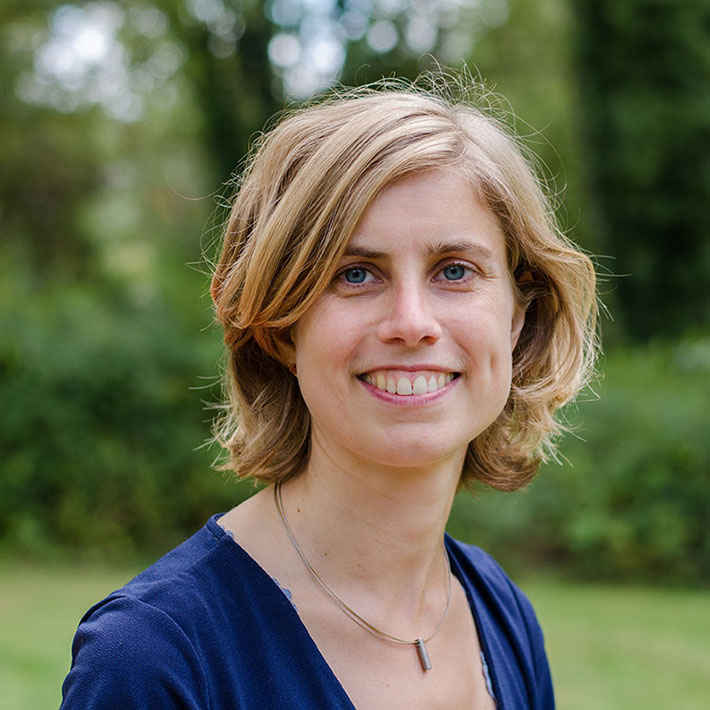
Dr. Sylvie Noordermeer
Associate Professor Leiden University Medical Center (Leiden, The Netherlands)
Junior Investigator Oncode (Utrecht, The Netherlands)
Sylvie Noordermeer
Sylvie Noordermeer has been a group leader at the Leiden University Medical Center (department of human genetics) since 2019. She is also affiliated to Oncode, a Dutch network of cancer researchers. Her group focusses on understanding the cellular regulation of DNA double-strand break repair and how deregulated repair can lead to cancer development and affect therapy response. Her work has uncovered how the cell cycle regulates homologous recombination and has identified the Shieldin-complex as an important regulator of pathway choice in DSB repair. Currently, the group has several research lines to study the differential function of BRCA1 in DSB repair and how cancer-derived mutations affect these functions. This knowledge is used to find better approaches to kill BRCA1-mutated tumours. Furthermore, projects in the lab address DSB repair pathway choice on a single cell level using advanced live-cell imaging and sequencing technologies.
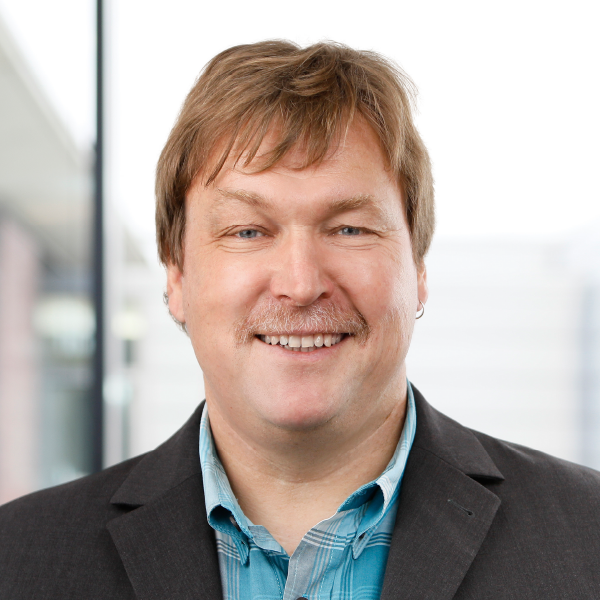
Dr. Bert Klebl
Bert Klebl
Bert has gathered more than 20 years of professional experience in the life sciences industry. He has worked in different positions in drug discovery and early development, most recently as Senior Director Discovery Biology and Head of Biology at GPC Biotech. Before that he was Axxima’s Vice President Research responsible for the discovery and development of the company’s portfolio of kinase inhibitors for various therapeutic indications. In previous positions, he has worked as a project and platform manager, as well as a scientist at Aventis and Hoechst Marion Roussel. He earned his PhD in biochemistry at the University of Konstanz, Germany, and did postdoctoral work at the NRC Biotechnology Research Institute in Montréal, Canada. In the course of his research, he has published more than 55 articles in peer-reviewed journals and co-invented more than 25 patents and patent applications.
He is also managing director of the Khanu Management GmbH, managing the KHAN Technology Transfer Fund I GmbH & Co KG (KHAN-I).
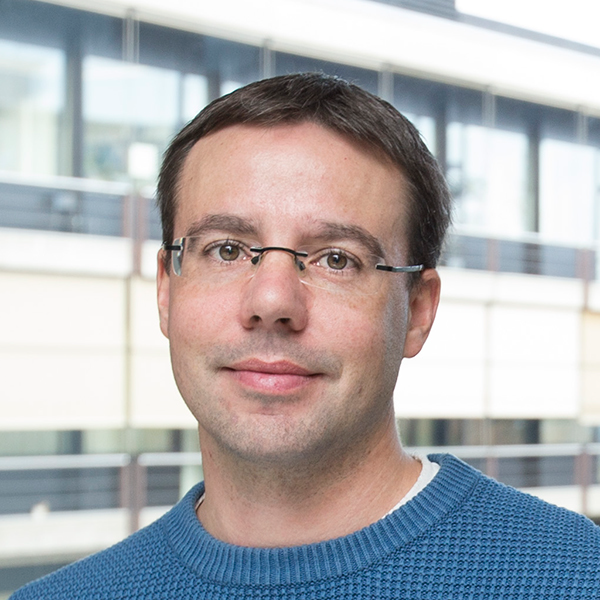
Dr. Matthias Altmeyer
Matthias Altmeyer
Matthias Altmeyer (Dr. sc. nat.) has been leading an independent research group at the Department of Molecular Mechanisms of Disease, University of Zurich, Switzerland, since 2014. He established his lab with a Swiss National Science Foundation Professorship Grant and an ERC Starting Grant. His research focuses on cellular responses to replication stress, mechanisms of DNA repair, and the regulation and function of protein assemblies at sites of DNA damage. Recent discoveries from his group relate to replication stress-induced heritable DNA lesions at telomeres in cancer cells, to ubiquitin-dependent regulation of PARP enzymes in the context of PARP inhibitor-induced DNA damage, and to spatio-temporal dynamics and functions of DNA repair compartments. The long-term goal of his research group is to obtain an integrative understanding of how genome surveillance, cell cycle regulation, and nuclear organization cooperate to ensure genomic stability, and how their coordination is perturbed in cancer cells and by genotoxic anti-cancer drugs.
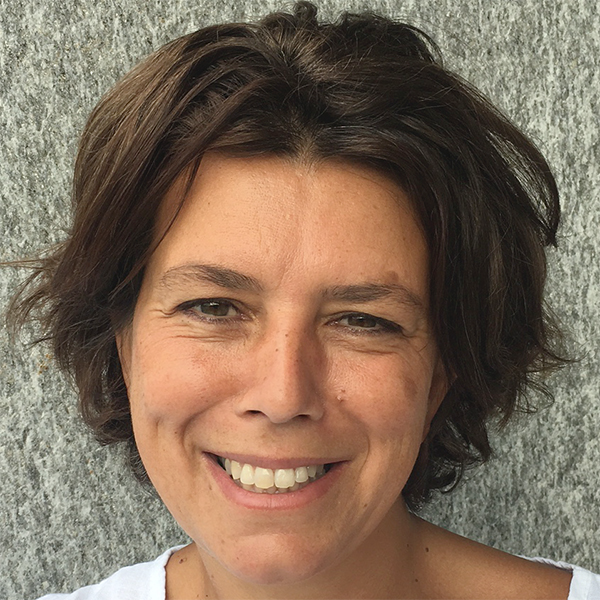
Dr. Lorenza Penego
Lorenza Penego
Lorenza Penengo (PhD) has been leading an independent research group since 2006, first at the University of Piemonte Orientale (UPO) “A. Avogadro”, Novara, IT, where she was selected as Assistant Professor in Molecular Biology, and afterwards at the University of Zurich, CH, where she leads a research group since 2015. Her research focuses on the role of the ubiquitin system in the control of genome stability. As young group leader, she discovered and characterized a key factor of the DNA damage response, the ubiquitin ligase RNF168, showing its ability to specifically generate a new histone mark (i.e. H2AK15ub) by promoting a non-canonical ubiquitination, via the Lys27 of ubiquitin. After moving the laboratory to Switzerland, she had the opportunity to further develop her scientific interests and expand the portfolio of experimental approaches. Here, she combined her interests and know-how with the expertise and innovative technologies present at the Institute of Molecular Cancer Research (IMCR). While maintaining the original focus on the role of ubiquitination in genome stability, she started a new line of research investigating the interaction between key players of the immune system (i.e. interferon, IFN, and the IFN-Stimulated Gene 15, ISG15) and the regulation of DNA replication and drug response, which has already proven to be quite successful and promises to bring interesting discoveries in the coming years.
Advisory board
Our supervisors have extensive experience in instructing students. They have trained at least 5 PhD/master student in the last 5 years, most of them are involved in teaching in PhD programs, and they have a strong role in different European actions.
Karlene Cimprich
Stanford University
David Gilbert
San Diego Biomedical Research Institute
Hocine Mankouri
Novo Nordisk Foundation

